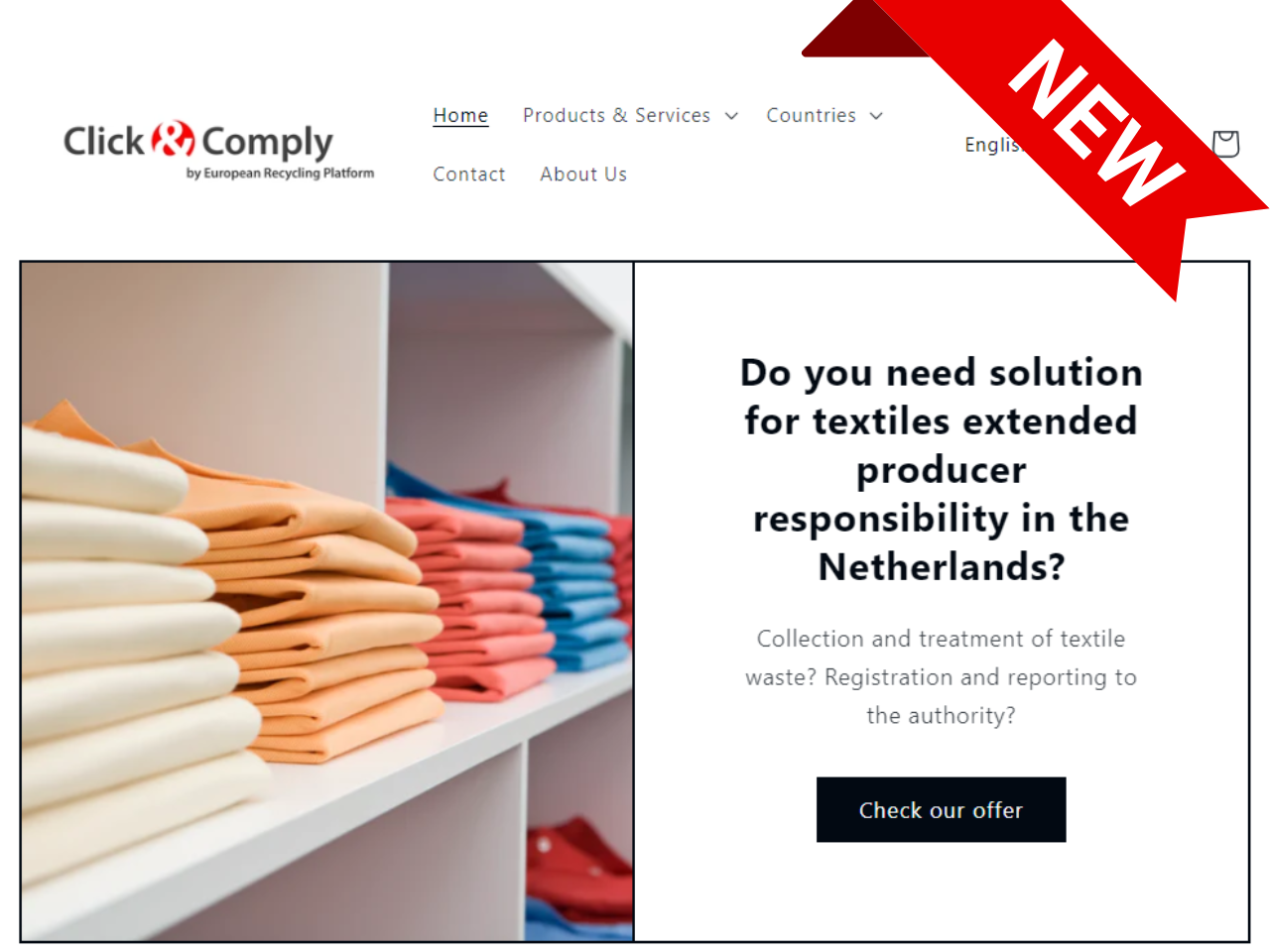What’s new? Here are the most important updates for April 2023:
Upper House calls for ban on single-use e-cigarettes
The German federal council has tasked the government with advocating for a ban on single-use e-cigarettes at national and EU level. Besides the obvious health risks, single-use e-cigarettes also have a huge potential for other negative impacts caused by improper disposal.
E-cigarettes are often not disposed of via recycling schemes, but end up in the general household waste. This not only leads to a loss of critical raw materials, such as lithium in the batteries, it also represents a fire hazard.
The German federal council sees the EU ecodesign regulation as an opportunity to move towards a ban on e-cigarettes. The regulation is currently being discussed by the EU Parliament and Council: an agreement is expected in late 2023.
Environment Ministry presents proposal for single-use plastic product levies
On 7 March, the German environment ministry published a draft bill on single-use plastic product levies that will be discussed by German federal states and associations.
The levies would be paid to municipalities to support waste removal activities in public areas. According to estimates of the Federal Environment Agency, the fund will generate a budget of €434 million in the first year to cover the cost of litter clean-up activities carried out by municipalities.
The law obliges producers of specific products to pay a certain amount to the above mentioned single-use plastic fund. The specific amount is determined by product type and weight: for example, placing cigarette filters on the market would cost €8.945/kg; whilst levies for takeaway food containers amount to €0.177/kg. The contributions will be reviewed regularly.
Additional plastic products can be included in the future. Fireworks, for example, will be added from January 2027.
The legislative procedure will follow a strict schedule since levies will have to be paid from 1 January 2024. Municipalities will benefit from the fund starting in 2025.
An agreement on the final text is expected for autumn 2023.
German supply chain law enforced
Since 1 January 2023, companies headquartered in Germany that employ more than 3,000 people must comply with the new German supply chain law.
The aim of the law is to promote human rights and protect the environment throughout the entire supply chain.
The law defines the requirements for corporate due diligence all along the supply chain and gives those affected by human rights violations the opportunity to assert their rights in front of German courts.
Companies must also demonstrate that they are actively helping to prevent and minimise human rights and environmental violations by taking the following measures:
- Establishing risk management to identify and prevent violations
- Adopting a policy statement by the management
- Conducting compliance risk analysis for direct suppliers
- Developing preventive measures, and
- Documenting all implemented measures
From 1 January 2024, the law will be extended to companies with more than 1,000 employees.
Sign up for our monthly
report COMPASS here:
Your email












